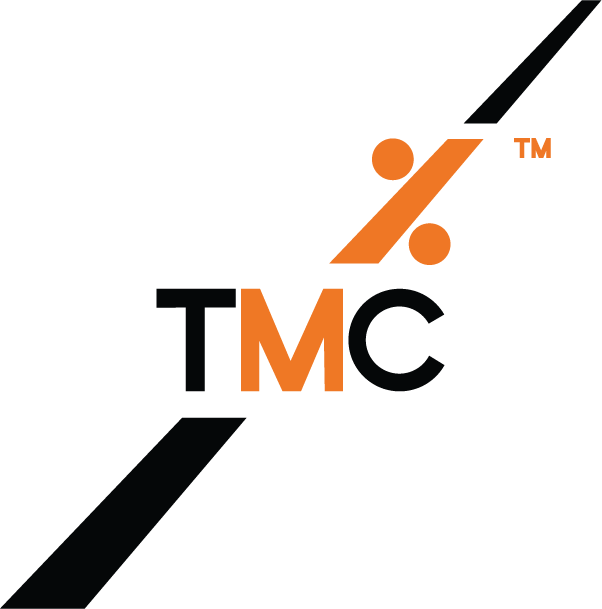Mileage – the key to controlling fuel costs.
Reporting makes fuel cost control possible. Knowing your fleet’s total annual fuel purchases and vehicle mileage won’t help. The answers are all in the detail:
• Business vs. private mileage splits
• Specifics of each business journey (needed for audit purposes and HMRC compliance)
• Actual mpg (obtained by dividing recorded mileage by litres of fuel used)
• Actual fuel cost per mile (calculated from fuel purchases and recorded mileage)
Knowing these facts allows you to measure activities and costs at any level, from individual vehicles and drivers to the whole fleet. Use them to assess your current fleet and steer your fleet policy. For example, knowing your fleet’s real world mpg enables you to assess and, where necessary, change your vehicle policy. You can also benchmark current performance, set goals for improvement and use Key Performance Indicators to measure progress. What is the common denominator of all these measurements? Mileage. It’s the main driver of fleet costs. And it’s the key to reducing them.
Businesses that don’t collect meaningful mileage data can only see their fleet costs. Those that do can also understand them and therefore take action to reduce them.


